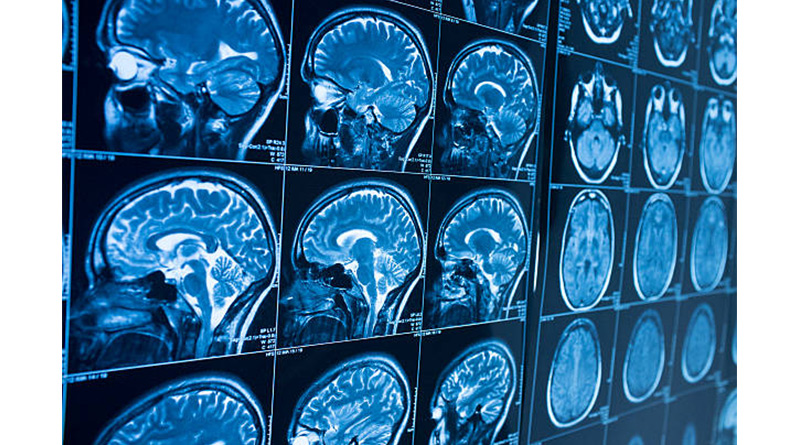“Very Rare” Cases Of Transmissible Alzheimer’s Disease Identified
New research, published today in Nature Medicine, has identified five cases of Alzheimer’s disease believed to have arisen because of a medical treatment decades earlier. These individuals had all been treated as children with a type of human growth hormone extracted from pituitary glands from deceased donors (cadaver-derived human growth hormone or c-hGH). This treatment has been banned since the 1980s due to concerns that it was responsible for transmitting Creutzfeldt-Jakob Disease (CJD).
In their new study, researchers based at UCL and UCLH found that the growth hormone had the potential to contain fragments of amyloid – a hallmark protein of Alzheimer’s. Five people treated with this had gone on to develop symptoms of the disease, which was confirmed with diagnostic tests.
The team ruled out other potential causes of these symptoms, such as genes linked to young-onset Alzheimer’s, and whether having a growth hormone deficiency itself was linked to Alzheimer’s development.
“This transmission occurred following treatment with a now obsolete form of growth hormone, and involved repeated treatments with contaminated material, often over several years” said Dr Gargi Banerjee, an Alzheimer’s Research UK Clinical Research Fellow who was part of the study’s research team.
Study co-lead Prof Jonathan Schott, Alzheimer’s Research UK’s Chief Medical Officer, based at the University College London, highlighted that the occurrence of so-called ‘iatrogenic’, or transmitted, Alzheimer’s is likely to be very rare. “It’s important to stress that the circumstances through which we believe these individuals tragically developed Alzheimer’s are highly unusual,” he said, reinforcing that there is “no risk” that the disease can be spread between individuals or during routine care.
About 1,800 people in the UK received treatment with c-hGH between the 1950s and 1985, before it was withdrawn due to safety concerns.
Dr Susan Kohlhaas, Alzheimer’s Research UK’s Executive Director of Research and Partnerships, said that the research provided ‘valuable insights’ into Alzheimer’s disease. “A diagnosis of Alzheimer’s disease can be devastating for all involved, and our hearts go out to the families that have been affected by these tragic circumstances” she said. “Despite the small size and rare circumstances of this study, it has provided valuable insights on how amyloid can spread within the brain, providing further clues on how Alzheimer’s disease progresses and potential new targets for the treatments of tomorrow’’.
People who were treated with the growth hormone (c-hGH) in the UK between 1959 and 1985 are encouraged to contact the National Prion Clinic via email (uclh.prion.help@nhs.net) or by telephone (020 7679 5142 or 020 7679 5036).






